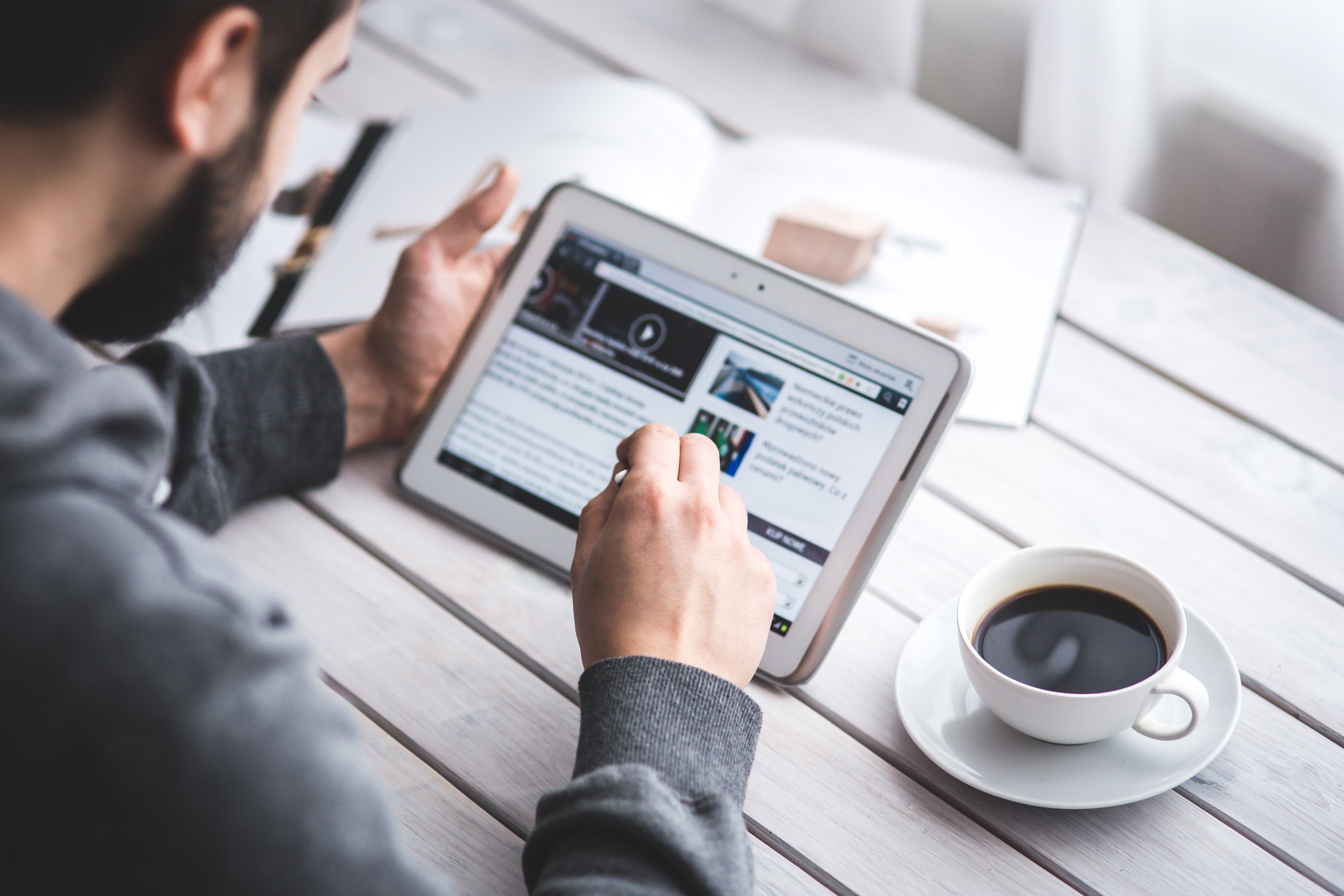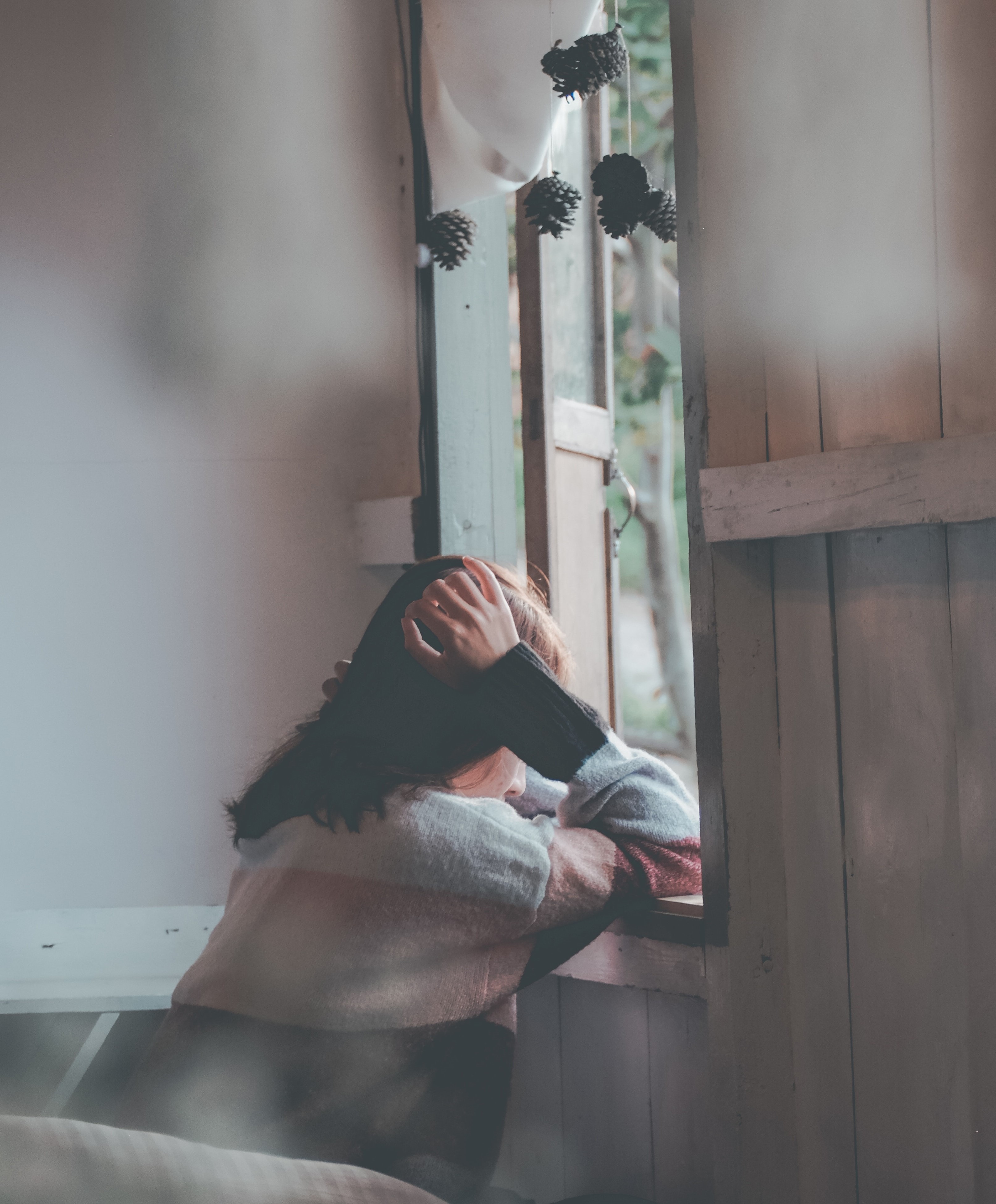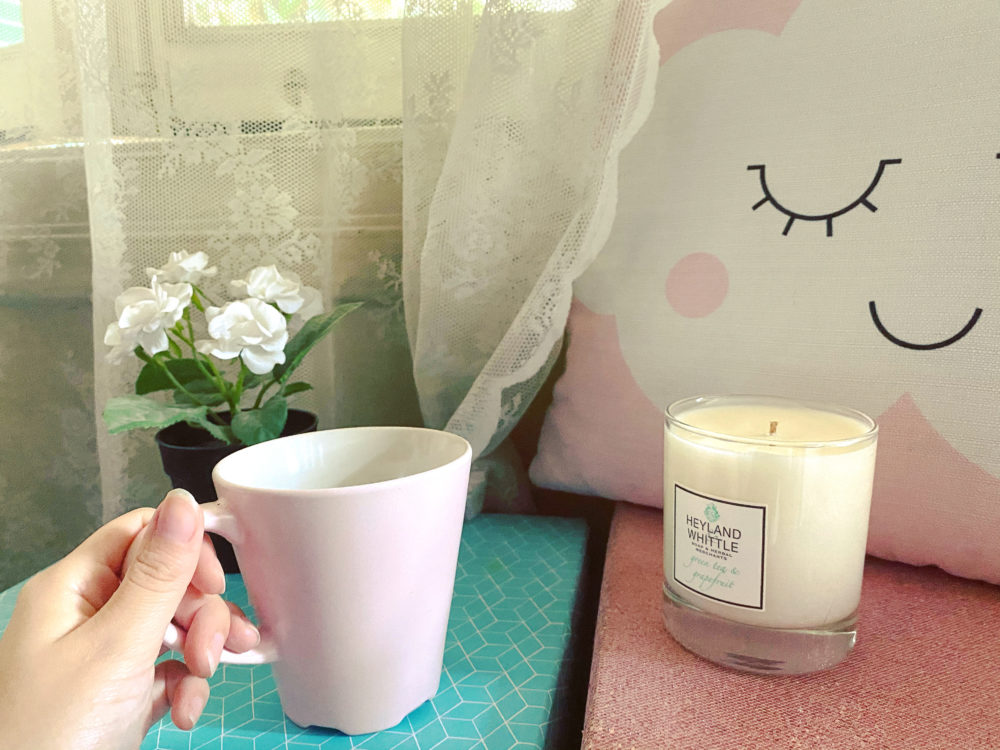Mental health is no little thing. The global atmosphere during a health pandemic is stressful as it is, and on top of that you still have a 9 to 5 job to do. Some parents are dealing with multitasking between handling their homes, doing their job and helping their kids get through online learning.
For those who are living alone, the depression that comes with loneliness is another issue. For those who are victims of domestic abuse and don’t want to be at home is another major problem. Essentially, this list of quarantine problems can drag on as everyone has some sort of situation depending on their living, lifestyle and family conditions.
When Working From Home, Life Looks Different

Life looks different
An article titled “Half Of Americans Suffering Mental Health Issues During Coronavirus, New Poll Shows” in Forbes Magazine shows that the abnormality that everyone is living right now is a source of stress and anxiety in most cases.
“For some people, the anxiety comes from a fear of getting sick or having their loved ones become ill. For others, it’s the economic downturn and fear of unemployment, or having already lost a job. For many, it’s the uncertainty of how long this unusual, isolated lifestyle will continue,” the article reports.
Although this is all far from normal, one way to keep mental health in check is by doing the same things you would do on any other day at home. The World Economic Forum spoke to an expert on global mental health advised to “implement the same practices as you would on any other day (before the crisis) – wake up, make your bed, shower, shave, eat your breakfast, etc.,”
This includes giving yourself a certain amount of time to work and enough breaks, including naps within the day, when needed. Moreover, keeping in contact with friends and family via phone and video calls is relatively healthy, especially if you’ve been used to having a lot of people around you. WhatsApp and other messenger applications leave a different impact – seeing and hearing someone’s voice definitely has a bigger energy boost than texting.
Constantly Checking The News While Working From Home

Information Overload
Although the news is important, ever since COVID-19 and everyone has the news open on the television. Every night, we wait for the ‘numbers’ to come out and hope that they’ll be less than the night before. This obsession in itself is unhealthy. The aforementioned World Economic Forum report said that it is important to limit the consumption of news during these situations because, more often than not, they increase anxiety.
The Washington Post published an article written by a psychologist giving advice on how to handle anxiety and one of her comments was that “it is even more important not to be exposed to anxiety-provoking news as we are winding down. I recommend at least one device-free hour before bed.”
Pre the COVID-19 crisis, our life included going out with friends, seeing family, going to work and a lot more movement in general. By default, that gave us less time to spend on our phones to check the news or watch the news on television. Being at home every day now, opens the door of ‘information overload’.
Very simply, this means people are exposed to too much information on a certain issue by the minute. Lately, the nature of the news hasn’t been positive or light, hence, cutting down on watching/ reading the news is important.
Boredom, Loneliness, Anxiety and Depression?

The Ministry of Health set up hotlines that can provide Egyptian citizens with mental health support
Those who already had mental health- related issues may be most impacted during these times. While there are initiatives to help, such as psychologists and counselors meeting with patients via video calls, not everyone has access to these privileges.
According to local newspaper, Daily News Egypt, the Ministry of Health set up special hotlines that can provide Egyptian citizens with mental health support during the Coronavirus (COVID-19) crisis and quarantine. 925Egypt has previously reported on a list of positive initiatives happening and among them was the hotline services. The numbers are: 080-8880700 and 0220816831.
The Centers for Disease Control and Prevention (CDC), the leading national public health institute of the United States, has several tips on what to do in these circumstances such as taking care of your body, healthy eating, meditating, sleeping well, reading and talking to people you trust on how you feel.




























